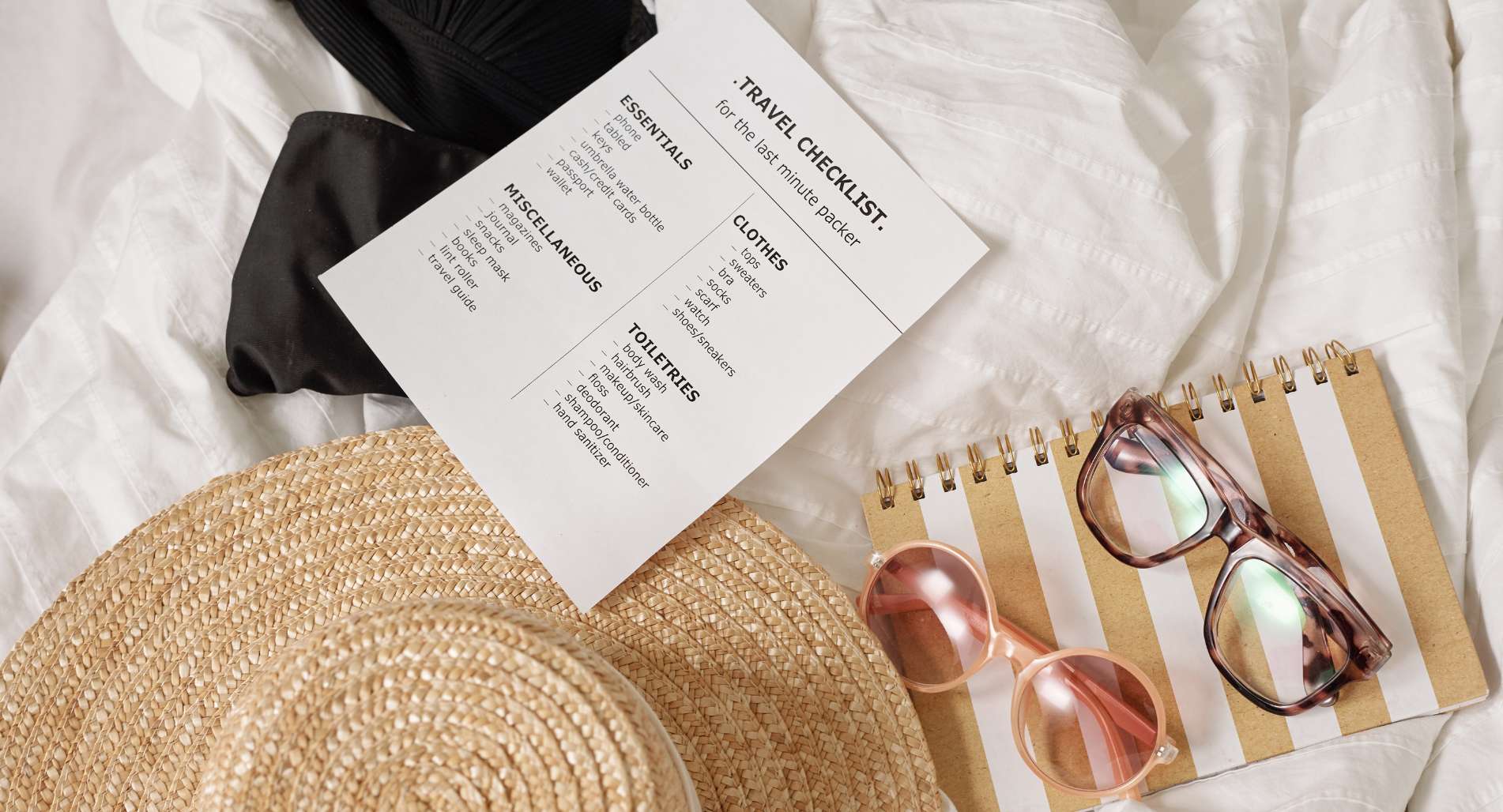Rental automation isn’t just something which is reserved for large scale property managers and professional vacation rental managers. With a few easy to use tools and tricks, any AirBnB host can automate most of what they do!
In an ideal world, the host would take a few pictures of their home, approve a guest, and sit back while their properties made them money. Unfortunately, this isn’t entirely possible. However, lots of hosts have managed to offload 90% of the work they do, increase bookings and satisfaction, and make hosting a thoroughly rewarding and enjoyable experience.
1: Hassle Free Check-In with key code doors and lock boxes.
In many cases, the process of handing keys off to your guest and welcoming them to the unit is one of the most time consuming and difficult. Of course, some hosts will live in or very near to the apartment/house they’re renting out, but often it’s something which takes at least 45 minutes.
Lockboxes are a great low-tech way of taking care of this. Simply place keys in it before guests arrive, and text/email them the code. Higher-tech ways include doorknobs with code access (risky because it’s hard to change the code after each guest), or connected doorknobs which allow you change access codes through your phone, let guests in if they’re not able to figure out the code themselves, and ensure that each set of guests feels safe and secure.
A few lockboxes and doorknobs we've used:
2: Rigid check out times and scheduled cleaning.
It’s really important for hosts to insist on a hard check out time. In terms of automation, the biggest benefit to this is your ability to schedule cleaning for a set time after each checkout. By having this rigid check out time, you don’t need to worry about managing cleaners or telling them when exactly to come. As long as they know that the check out time is at 10:00, and that the next group of guests generally arrives after 2:30 (or whenever), they’ll be able to come in, do what they need to do, and have the place prepared without you ever having to micromanage them.
Having a good working relationship with your cleaning company or individual is important here. You need to be able to trust that they’ll finish the job in the time between the two sets of guest, and they need to be sure that you as the host will be on time with the cleaning bills. By doing this, you can automate the preparation of your property for the next guests without the need for complicated syncing of calendars or in-person micromanagement.
3: Disposable Kitchenware
While this wouldn’t seem like something which would make a significant impact, having disposable kitchenware eliminates the need to worry about whether your guests will have everything (previous ones might have broken plates, mugs, etc.), and whether they’ll be greeted by a dirty dishwasher and out-of-place kitchenware.
Even if your guests put everything in the machine before they head out, it’s entirely possible that your cleaners will be done before the washer finishes its cycles. In these cases, your guests will be greeted with clean kitchenware, but it’ll still be in the machine. Not a great look, and not something which screams “hospitality”.
Disposable kitchenware doesn’t have to be low quality - luxury rentals frequently use high end sets like these!
4: Smart Assistants like Yada.
It’s a known quantity that interacting with guests and keeping in touch with them during the duration of their stay can be a time consuming task, and something which many hosts view as the most boring, repetitive, and frustrating aspect of short term hosting.
It’s also known that most guests tend to have the same questions. In fact, there’s an almost staggering amount of overlap between what guests are asking, and what information they’d like to get to. AI platforms like Yada can automate guest communication by engaging with them through smart speakers or directly through their phones, freeing up the hosts time to work on improving the unit, guest experience, or booking numbers.
Of course, AI would be nothing without an appropriate way of communicating with the guests. This is where voice comes into play. The combination of voice and AI has allowed Yada to create an experience that is incredibly friendly and intuitive, and makes guest feel like they’re talking to a real concierge or front desk.
We’ve seen that in units which are using Yada, the weekly host commitment is reduced by more than two hours. While this doesn’t seem like a lot, it ends up being at least a full work day over the course of a month, and far far more for hosts and manager who handle multiple properties.
5: Prepare ‘Care Packages’ ahead of time.
We’ve been doing this for years, and aside from using Yada and insisting on rigid check out times, this has been one of the most useful things we’ve implemented. Every couple of weeks, hosts should take some time and prepare boxes/baskets of all the essentials a guest will need during their stay. In our case, we prepare something which we can place in the kitchen, and it includes k-cups for the keurig, coffee filters and packets for the drip percolator, a small bottle of shampoo (it’s cheap, guests always forget to bring it, and they’ll definitely thank you for it!), and maybe a few take-out menus.
Spending an hour every month to prepare these packages has proved to be an awesome time saver, and has made it really easy for whomever is cleaning and preparing the unit to the level which guests tend to expect.
While automation and preparedness can’t eliminate all of the work associated with hosting, it can significantly reduce the weekly time commitments, and create enough processes and procedures to make hosting a breeze.



